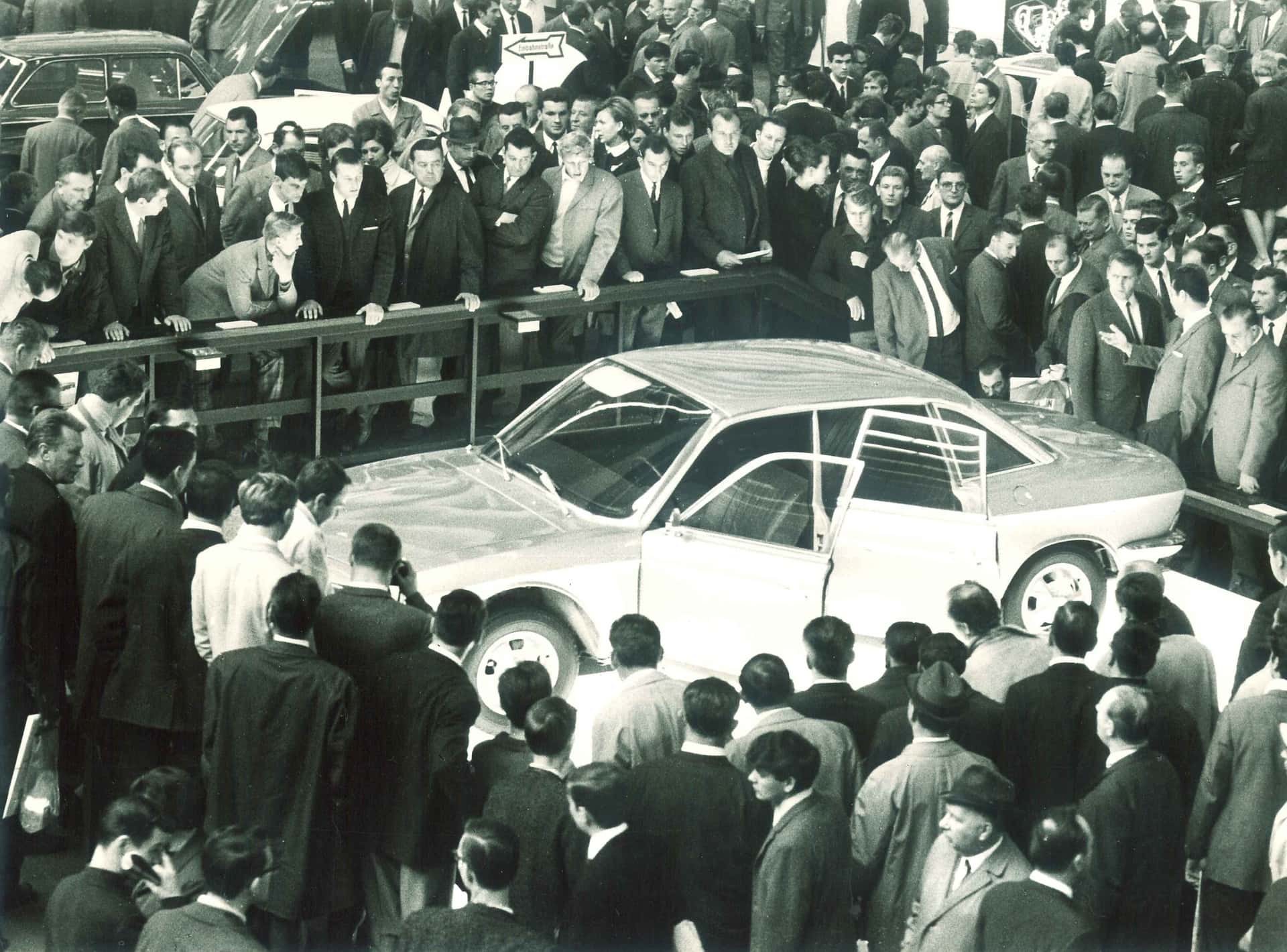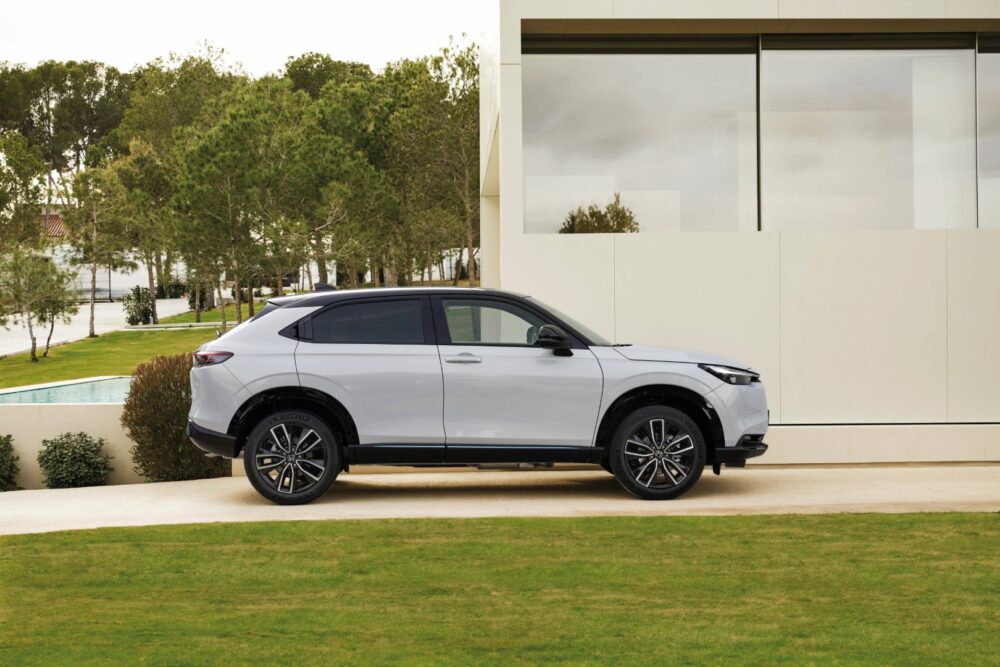IAA 2019: The crisis shows its first traces
NEW IDEAS ARE IN DEMAND The International Motor Show, which opens its doors in Frankfurt from September 12 to 22 and is one of the major events in the industry, is not under a good star. Just like Peugeot, Mazda, Volvo and Toyota, other exhibitors are turning their backs on the tradition-steeped automotive show. But much more serious: The [...]

Just like Peugeot, Mazda, Volvo and Toyota, other exhibitors are also turning their backs on the traditional automotive show. But the situation is much more serious: The automotive industry is in crisis. Even the many IAA premieres cannot hide this fact.
Year of profit warnings
Prof. Dr. Ferdinand Dudenhöffer, Chair of General Business Administration and Automotive Economics at the University of Duisburg-Essen: "2019 is the year of profit warnings instead of great successes. We're in for some tough years of crisis." The flood of bad news seems to prove him right. The negative headlines of recent weeks are clouding the anticipation of the IAA, which the German Association of the Automotive Industry (VDA), as organizer, wants to be an industry meeting place, a showcase, and a discussion and demonstration area. There is no shortage of topics.
Manufacturer repositioning
The management consultancy Ebner Stolz Management Consultants and Prof. Dr. Willi Diez, former director of the Institute of Automotive Economics (IfA) at Nürtingen-Geislingen University, conclude: "Despite the undeniable successes in the past: A linear business as usual is not a convincing option. The established manufacturers and suppliers must reposition themselves if they want to continue to play a role in the future."
Industry in critical situation
All of this is hitting the automotive industry at inopportune times. "The industry is in a very critical situation," Prof. Dr. Stefan Bratzel, director of the Center of Automotive Management (CAM) at the University of Applied Sciences (FHDW) in Bergisch Gladbach, tells the Financial Times. "Not only is it affected by falling demand in its key markets and trade uncertainties, but at the same time it is investing billions in the transition to electromobility." The anxious question is: Will customers go along with this change? At first glance, the answer is yes.
Transport turnaround with hydrogen
"Instead of focusing too much on electromobility, policymakers should simultaneously push ahead with the expansion of the hydrogen infrastructure. Because that's the way to save a lot of money on the transportation transition: Infrastructure costs could fall by up to six billion euros if half of the 40 million zero-emission passenger cars planned by 2050 are powered by batteries and half by fuel cells," says a study sponsored by the ADAC Foundation.
Luca de Meo discovers the natural gas
Perhaps that's why Volkswagen has rediscovered an old love: CNG. For a long time, it was conspicuously quiet around the CNG Mobility Working Group, which, in addition to the Volkswagen brands, includes partners from the gas supply, service station operation and network development sectors.
Now it is picking up speed again because, according to Seat CEO Luca de Meo, they are convinced that CNG will play a significant role in the transition to sustainable mobility and offer great business potential for the automotive and petroleum industries.
"Being green is no longer an option. It's a must," said the Seat CEO at the CNG Mobility Days in Berlin: "As an automaker, we need to have a wide range of alternative technologies on hand so that our customers can decide for themselves which suits them best."
Electric car glut in Frankfurt
There will certainly be no shortage of new electric cars at the IAA. And perhaps the exhibitors will even succeed in answering a few of the many unanswered questions that are currently on drivers' minds. In doing so, they would be doing a good service to their customers, employees and themselves. After all, unsettled markets have fatal consequences. It remains to be seen how far the shadow will fall on the upcoming Geneva Motor Show.









